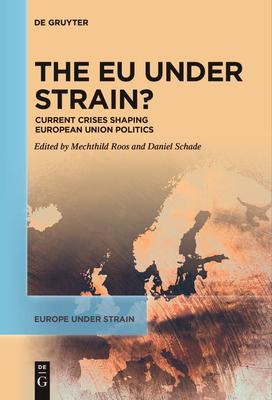When EU member states signed the Treaty of Lisbon in 2007, they did not anticipate the manifold crises in store for them over the following years. Instead of the intended consolidation of a Union which had just gone through its most profound modernisation and biggest round of enlargements, the EU has since then had to weather a wide range of political, economic, social, legal, health and even military crises with major repercussions within and beyond its own territory.
Indeed, this time of polycrisis has induced change on many levels: Across the continent and its many fora of European supra-, trans- and international collaboration, established institutions, rule systems and normative frameworks have been put into question and power balances have been shifting. Against this background, actors from social, political, economic and cultural life have sought new ways to overcome the manifold pressing problems of their time, be it through intensified collaboration or attempts to increasingly resolve issues at the national level.
This volume offers a compilation of case studies on EU crisis responses, covering the most impactful of the various crises the EU has had to face in recent years. It provides theoretical and conceptual guidelines for the study of political actors' responses to crisis at all levels of the EU multilevel governance system and beyond.
